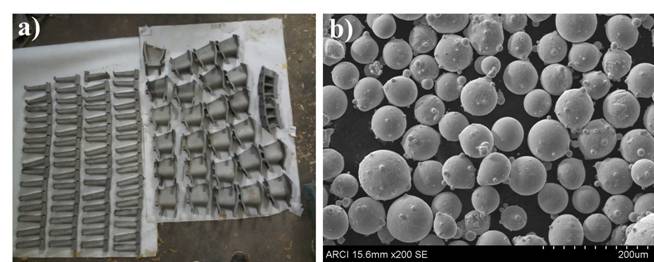Alleviating Concerns Over Corporate Influence: A New Study Exposes Intimidation Against Researchers
A new study published in Health Promotion International sheds light on a disturbing trend of corporate intimidation targeting researchers and advocates working in public health, particularly those addressing the harmful effects of tobacco, alcohol, and ultra-processed foods (UPFs). This research underscores the powerful lengths to which industries will go to protect their profits, using a range of tactics to silence critical voices and thwart public health efforts.
In recent years, diseases like cancer, heart disease, diabetes, and stroke have become leading causes of death globally, making the investigation of their causes and the regulation of harmful products more crucial than ever. However, this study reveals that industries responsible for these diseases are resorting to intimidation and other disruptive tactics to protect their bottom line.
Intimidation and Tactics of Suppression
Over the past two decades, researchers and public health advocates working on issues related to tobacco, alcohol, and UPFs have reported widespread intimidation. These tactics, often carried out by corporate entities or third-party organizations, range from public discrediting and legal threats to more extreme measures such as surveillance, cyberattacks, and even physical violence.
The study identified 64 sources published between 2000 and 2021 that document intimidation in these industries. Although many of these sources were not explicitly about intimidation, they revealed significant interference with research and public health advocacy, often aimed at delaying policy changes or discrediting individuals challenging industry practices.
One of the most common forms of intimidation was public discreditation. Researchers were labeled with derogatory terms such as “extremists,” “food fascists,” and “prohibitionists,” in efforts to undermine their credibility and stifle their work. Many advocates and researchers shared the toll this personal attack took on their professional and personal lives, noting how false accusations and media smear campaigns targeted their integrity.
Legal Challenges and Corporate Pressure
Legal threats were another prominent tactic used to suppress critical research. In one notable example from Colombia, a researcher was censored after publishing an advertisement showing the amount of sugar in a soda can. The Colombian government, under pressure from the soda industry, not only removed the ad but also prohibited the researchers from publicly discussing the health risks associated with sugar, under threat of hefty fines.
Additionally, Freedom of Information (FOI) requests were used to stall research efforts, forcing researchers to divert time and resources from their work in order to respond to these often frivolous or malicious requests. In New Zealand, an industry-paid consultant used FOI requests to gather information on public health advocates, later using the data to publish defamatory and misleading content about them.
While less common, more severe forms of intimidation were also reported, including surveillance, cyberattacks, and threats of physical violence. In Nepal, tobacco control advocates reported receiving death threats after refusing bribes from tobacco companies. In Nigeria, the violence escalated to the point where two anti-smoking activists lost their lives.
The Chilling Effect on Public Health Work
The study found that these intimidatory tactics have a chilling effect on vital public health work. Researchers and advocates often had to divert significant time and energy into defending themselves against baseless attacks or legal challenges, sometimes leading them to alter or halt their work altogether. In many instances, they faced financial and emotional stress as a result of these tactics.
Despite the high personal costs, the study highlighted a pattern of perseverance among these researchers and advocates. Many reported fighting back by exposing the industry tactics, correcting misinformation, and, in some cases, launching their own legal battles against the perpetrators.
A Call for Action
The findings of this study serve as a stark reminder of the power that corporate interests wield in shaping public health policy and research. As the global community faces an escalating public health crisis, it is critical that industries responsible for widespread disease be held accountable. The study calls for greater protection for researchers and advocates working in public health, urging policymakers to take a stand against corporate interference and intimidation.
Despite the challenges, the resilience of researchers and advocates shines through. The study reveals that, even in the face of such adversity, these individuals continue to push forward in their efforts to improve public health and challenge the status quo.
The findings underscore the urgent need for stricter regulation of harmful products, such as tobacco, alcohol, and ultra-processed foods, to safeguard both public health and the integrity of research aimed at mitigating their harms.












